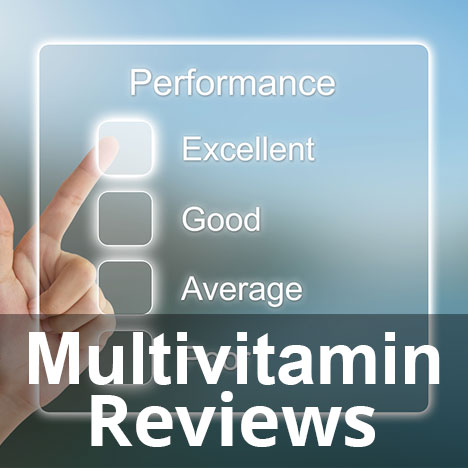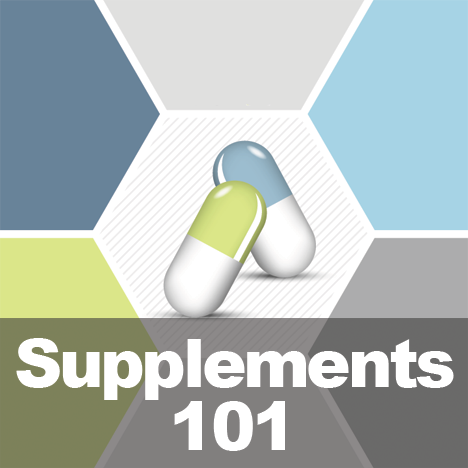
Vitamin E Supplements
Vitamin E is a fat-soluble, aka lipid soluble, antioxidant vitamin belonging to the tocopherol family – a class of chemical compounds, all of which have Vitamin E activity. Alpha tocopherol is the most bioavailable of the tocopherol compounds, and as such, is the chosen form of Vitamin E supplements.
In fact, Vitamin E is considered the most important lipid soluble antioxidant in the vitamin kingdom. Although Vitamin C is an extremely powerful antioxidant in its own right, Vitamin C is water soluble – hence, the reason why Vitamin E supplements should be taken in smaller dosages.
Vitamin E has been linked with the prevention and treatment of cancer (limiting oxidation damage to DNA and inducing cancer cell apoptosis, aka, cellular death), Alzheimer’s Disease, Cataracts (improving lens clarity free radical damage) and heart disease (limiting the oxidation of LDL cholesterol), and is integral to the protection of essential fatty acids and Vitamin A. While the “certainty” of some studies is nothing more than research-backed speculation.
Nothing is more clear – to the naked eye at least – pertaining to the antioxidant and healing capabilities of Vitamin E than healthy and glowing skin. Vitamin E is commonly found in good quality skin lotions, and is widely valued in the cosmetics field for its youth generating capabilities. Taken internally, Vitamin E has a very similar effect. Think of it as glowing from the inside out.
In terms of supplementation, it is important to get adequate dosages of Vitamin E from food sources, considering that Vitamin E is not manufactured by the human body. Just how much is needed from Vitamin E supplements largely depends on one’s diet, although most nutritional experts will agree that it is difficult to get more than 15 mg per day of Vitamin E from food sources alone while not increasing fat intake above RDA values. Since Vitamin E is primarily found in fat-rich foods, this is something to consider, especially for anyone seeking to lose weight or on a diet.
So, what foods can you get Vitamin E from? Nuts (almonds, walnuts), seeds, eggs, vegetable oils (canola, sesame, sunflower), whole grain foods, spinach, asparagus and avocado are good starters. A particularly great source of Vitamin E is wheat germ oil. If you choose to take Vitamin E supplements, it is highly advisable to choose those that come from whole food sources – the reason being that natural vitamin E is nearly twice as bioavailable than synthetic Vitamin E. As for dosage levels, up to 1,000 mg per day of Vitamin E supplements are considered tolerable.




